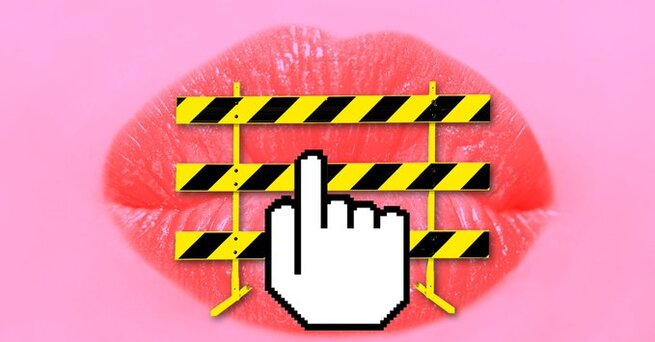
Itch.io Removes Adult Games to Protect Payment Processing
Game developers relying on niche platforms like Itch.io for publishing adult content are now facing sudden disruption. Itch.io removes adult games from search and browse pages, following a move eerily similar to Steam and Tumblr’s earlier censorship decisions. This policy change, attributed to pressure from payment processors such as Visa and Mastercard, affects developers, consumers, and the broader indie gaming ecosystem. For creators who depended on the platform's openness, the update raises serious questions about creative freedom, monetization, and future viability.
Leaf Corcoran, the founder of Itch.io, announced the change in a blog post, citing “concerns from payment processors about the nature of certain content” as the main reason. Creators were caught off guard, receiving no prior notice before their content was deindexed or marked for removal. With payment processing being the financial backbone of the platform, Corcoran explained that compliance was critical to keeping Itch.io operational. This aligns with a larger industry trend where platforms restrict adult content not for moral reasons, but to maintain business relationships with payment networks.
Why Itch.io Removes Adult Games: Behind the Decision
The decision by Itch.io to remove adult games was not made in a vacuum. Credit card companies and other financial institutions have long placed strict regulations on NSFW and explicit content. Steam’s recent crackdown on adult titles—mirroring this pressure—and the historic Tumblr adult content purge of 2018 all stem from the same issue: compliance with financial networks. These companies have clauses that prohibit illegal or borderline content, especially when it involves sexually explicit themes that lack robust moderation or age verification systems.
Itch.io has always prided itself on being a welcoming space for indie developers, including those working on adult games, visual novels, and experimental titles. Many of these projects gained popularity and generated significant revenue through the platform. However, the growing scrutiny from payment processors left Itch.io with little room to maneuver. While no specific games have been publicly listed as removed, affected developers report a sharp drop in visibility, traffic, and sales—likely due to being hidden from Itch.io’s discovery tools.
Developer Backlash and Community Reactions to Itch.io's Policy Shift
The announcement that Itch.io removes adult games has ignited frustration and concern among the platform's loyal developer base. For years, adult game creators have found a supportive home on Itch.io, away from the restrictive policies of mainstream platforms. Many expressed outrage over the suddenness of the change and the lack of transparency. On forums and social media, developers compared the decision to Tumblr’s infamous adult content ban, which led to a massive drop in user engagement and eventual irrelevance in certain online communities.
Creators also fear that their work may be permanently inaccessible to previous buyers. While Itch.io has not confirmed whether users will retain access to already-purchased NSFW titles, the lack of communication has only fueled uncertainty. Additionally, the absence of clear, updated content guidelines makes it harder for developers to know what is allowed and what isn’t. Some creators have already started looking for alternative platforms, though few offer the same level of creative freedom that Itch.io once did.
What’s Next for NSFW Creators and the Indie Gaming Ecosystem?
The move to deindex or remove adult games is more than a policy update—it signals a shift in how independent platforms operate under corporate influence. As Itch.io removes adult games, the broader indie gaming ecosystem may experience fragmentation. Developers may migrate to alternative platforms that either support cryptocurrency-based payments or take a decentralized approach to distribution. However, without the visibility and infrastructure of established marketplaces like Itch.io, reaching audiences could become significantly harder.
Meanwhile, creators are urging Itch.io to provide more transparent communication and detailed content policies moving forward. The hope is that rather than a blanket ban, the platform will introduce content moderation tools or age-gated systems that meet payment processor standards while still allowing adult creators to thrive. Whether that happens remains to be seen. What’s clear is that as platforms like Steam and Itch.io bow to financial pressure, the future of adult game publishing is now more uncertain than ever. And for indie developers who rely on these platforms, that uncertainty cuts into both creative expression and livelihood.
𝗦𝗲𝗺𝗮𝘀𝗼𝗰𝗶𝗮𝗹 𝗶𝘀 𝘄𝗵𝗲𝗿𝗲 𝗿𝗲𝗮𝗹 𝗽𝗲𝗼𝗽𝗹𝗲 𝗰𝗼𝗻𝗻𝗲𝗰𝘁, 𝗴𝗿𝗼𝘄, 𝗮𝗻𝗱 𝗯𝗲𝗹𝗼𝗻𝗴. We’re more than just a social platform — from jobs and blogs to events and daily chats, we bring people and ideas together in one simple, meaningful space.